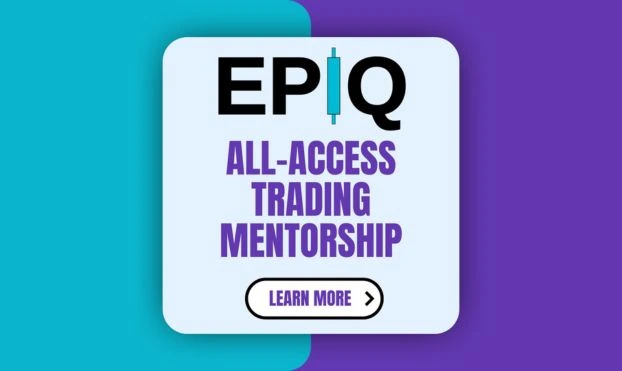Over the past few years, crypto went from niche to mainstream — and now, the regulators are catching up. In 2025, new laws, frameworks, and rules are reshaping the crypto landscape faster than ever before. Whether you’re trading Bitcoin, stacking altcoins, or farming yields in DeFi, understanding how regulation affects your strategies is no longer optional — it’s essential. In this guide, we’ll break down what’s happening, why it matters, and how smart traders are positioning themselves to thrive in this new era.
Here’s what’s shaping the market right now:
United States
- ✅ Stablecoin Regulation Bill — Tight rules on collateralization, audit requirements, and licensing for stablecoin issuers. (Think USDC, USDT.)
- ✅ Classification of Digital Assets — Clearer lines between “commodity” (Bitcoin, Ethereum) vs. “security” (some altcoins), impacting what can be listed where.
- ✅ KYC/AML Requirements — Tighter Know Your Customer and Anti-Money Laundering rules, even for decentralized platforms.
- ✅ Crypto ETFs — Bitcoin ETFs approved. Ethereum spot ETFs expected by summer 2025.
Europe (MiCA Regulations)
- ✅ Markets in Crypto-Assets (MiCA) rolled out in full — requiring licensing for exchanges, token issuers, and stablecoin providers.
- ✅ Clear frameworks for DeFi regulation being piloted.
🌏 Other Major Regions
- 🇸🇬 Singapore tightening stablecoin regulations but encouraging blockchain innovation.
- 🇯🇵 Japan advancing tokenized securities and regulated crypto exchanges.
- 🇦🇪 UAE positioning itself as a global crypto hub with balanced regulation.
🔥 How Regulation Is Changing the Game for Crypto Traders
✅ 1. Safer Markets, More Institutional Money
Clear rules = less “casino effect.”
Big money from banks, pension funds, and governments is flowing into crypto — especially Bitcoin, Ethereum, and tokenized assets.
✅ 2. DeFi Evolution (Not Death)
Decentralized finance isn’t going away — but protocols will have to adapt:
- Front ends may require KYC.
- Some projects may get geo-fenced.
- Audits and compliance will become the norm.
✅ 3. Altcoin Risk Changes
Projects that can’t comply (or that are labeled securities) may face delistings on major exchanges.
Smart traders are focusing on coins that either:
- Already lean toward decentralization and compliance (e.g., LINK, UNI, AAVE)
- Operate in jurisdictions favorable to crypto innovation
✅ 4. Opportunities in New Sectors
RWAs (tokenized bonds, real estate, commodities) are booming because of regulatory clarity.
Savvy traders are rotating into sectors where regulation = growth, not suppression.
🧭 How to Stay Ahead of Crypto Regulation as a Trader
Here’s the playbook:
- Track major regulatory news and updates (we cover this weekly inside EPIQ).
- Focus on projects that embrace transparency, security, and real-world use cases.
- Diversify across jurisdictions — not just U.S. projects.
- Prioritize liquidity and volume when choosing exchanges and assets.
- Use structured strategies to avoid chasing hype coins vulnerable to regulatory smackdowns.
🚀 Stay Ahead of the Curve With EPIQ Trading Floor
Navigating crypto’s regulatory evolution doesn’t have to be overwhelming.
Inside EPIQ Trading Floor, we equip you with:
✅ Real-time macro dashboards that track sector flows, regulatory news, and market sentiment
✅ A beginner-friendly Trading Academy (first section free) to build your skills and confidence
✅ Live trade alerts and market calls — based on structure, not hype
✅ Weekly live coaching sessions every Tuesday and Thursday
✅ A supportive community focused on winning long-term — not gambling on rumors
🎯 Start your 3-day free trial now → epiqtradingfloor.com
Trade smarter. Adapt faster. Stay ahead.
Because in the new crypto landscape, information = edge.
⚠️ Disclaimer:
This article is for educational purposes only and does not constitute legal or financial advice. Always conduct your own research and consult with a professional regarding your specific circumstances.










Responses